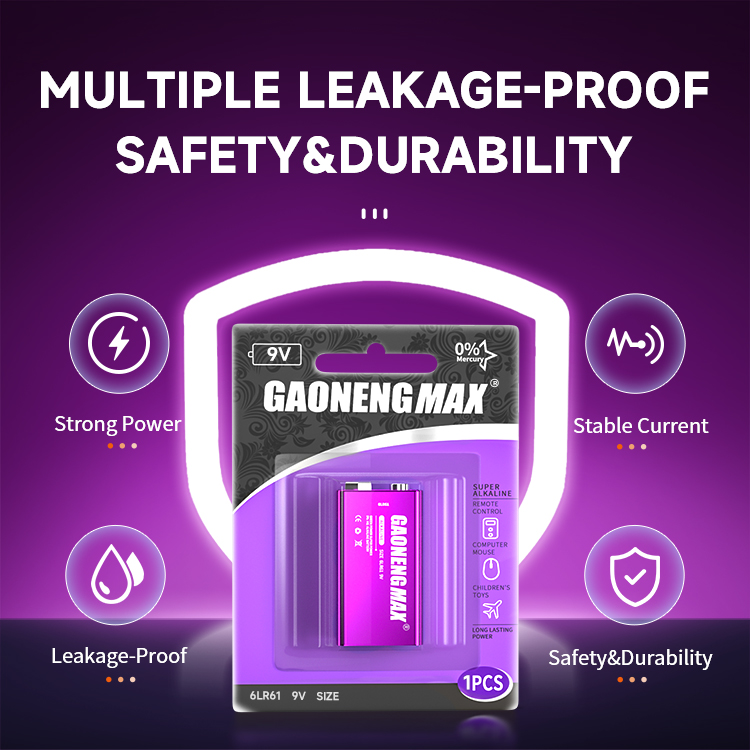Time:2024.12.24Browse:0

The speed of car electrification has developed rapidly in recent years! Looking back more than a decade ago, electric vehicles were just a wild idea, but now there are dozens of different hybrid 'Hybrid', plug-in hybrid 'Plug in Hybrid', and electric vehicles in the global car market that consumers can choose to purchase.
Even the flagship models of high-end brands such as Ferrari, Porsche, McLaren, and Koniseg are already hybrid. Coupled with Tesla's launch of powerful electric models, electric models were no longer environmentally friendly and began to be linked to performance and speed.
The key to the electrification of automobiles lies in the progress of battery technology. In the past decade, as more and more car manufacturers and related field factories have invested in research and development, the efficiency, weight, volume, and other aspects of batteries have significantly improved. However, there are various types of batteries, which form of battery is the most suitable for automotive use?
Today, the editor will introduce the most common types of vehicle batteries in the current automotive market and compare their advantages and disadvantages!!!
Lithium ion (Li ion) Batteries
Not only in the automotive industry, most commercial electronic products currently use lithium batteries, and over the past decade, lithium electronics have also evolved in terms of efficiency due to their widespread use. Therefore, in addition to most hybrid and electric vehicles currently using lithium batteries, consumer electronics products such as smartphones, tablets, and laptops all use lithium batteries.
However, 'lithium' is just a general term, and there are many types of batteries that are concerned under this form. For consumer electronics products, the most commonly used is the lithium cobalt oxide battery 'LiCoO2', which has the highest energy density among lithium batteries. However, this type of battery has the disadvantage of 'thermal runaway', which means that in overcharging or high temperature environments, if not used correctly, it is easy to overheat or even explode and catch fire. This is also why lithium cobalt oxide batteries, even with the highest energy density, are rarely used in the automotive industry.
Most of the lithium batteries used in electric tools, medical tools, and automotive electric systems are lithium iron phosphate batteries such as LiFePO4, lithium manganese oxide batteries such as LMO, and nickel cobalt manganese ternary batteries such as NMC. Although these batteries have lower energy density than lithium cobalt oxide batteries, their lifespan and safety are superior, making them quite suitable for use in the field of electric vehicles, Among them, nickel cobalt manganese ternary batteries are the most widely used in hybrid power and electric vehicles. Currently, the batteries used in Formula E electric racing cars are also manufactured based on nickel cobalt manganese ternary batteries (NMCs).
Read recommendations:
18650 2500mAh 3.7V
Lithium battery negative.CR2032 button cell batteries
Electric performance of lithium battery
convenient energy storage power supply wholesaler
18650 battery pack company